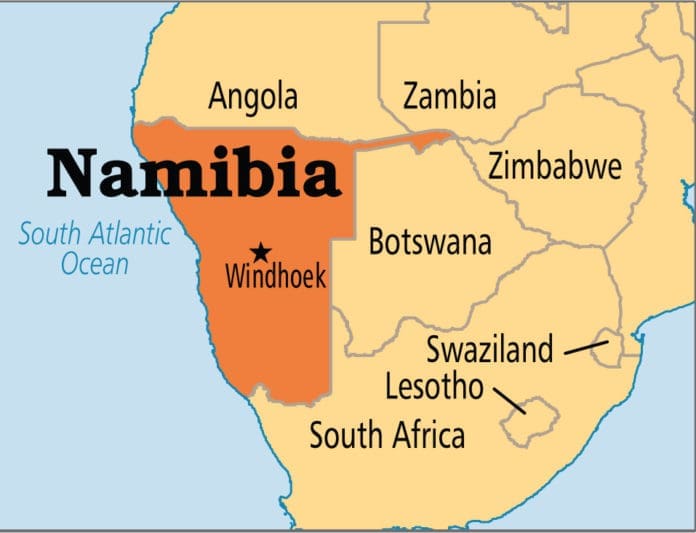Banking operations across Namibia could experience significant disruption as new American trade penalties against South Africa threaten to reduce dollar flows that the country’s financial sector depends upon, according to fresh analysis from local investment researchers.
The 30 percent tariffs recently imposed by Washington on South African exports may create ripple effects throughout the region’s interconnected financial networks. Namibian banks typically process US dollar transactions through South African correspondent relationships rather than maintaining direct accounts in New York.
Simonis Storm Securities warned in a report released this week that reduced South African export revenues will likely translate into fewer dollars entering regional banking systems. This could slow cross-border payment processing while driving up transaction costs for Namibian businesses conducting international trade.
The research firm described the tariff measures as more than simple trade barriers, characterizing them as catalysts for broader structural shifts in regional commerce patterns. Southern Africa’s customs union faces potential dollar shortages that could complicate financial management across member states.
Namibia’s currency peg to the South African rand creates additional vulnerability to these external pressures. The fixed exchange rate arrangement means that stress on South Africa’s financial system directly affects Namibian monetary stability and business operations.
Companies may increasingly turn to alternative currencies including euros, British pounds, or Chinese yuan for international transactions. Such shifts would complicate business planning while requiring more sophisticated currency hedging strategies that many smaller firms lack experience managing.
Regional trade patterns appear likely to evolve over coming years as businesses seek alternatives to dollar-denominated transactions. The African Continental Free Trade Area offers one potential pathway, though implementation remains uneven across participating countries.
Growing commercial ties with China and other BRICS nations could accelerate adoption of alternative payment systems. The Cross-Border Interbank Payment System already processes renminbi transactions outside traditional Western banking channels, though adoption rates in southern Africa remain limited.
European and Asian banks may gain market share in regional trade financing as businesses diversify away from US dollar dependency. This geographic shift could reduce reliance on SWIFT networks while creating new operational complexities for local financial institutions.
The analysis highlights how trade disputes between major economies can cascade through smaller markets via financial system interconnections. Namibia’s experience illustrates broader challenges facing countries with limited direct exposure to affected markets but significant indirect dependencies.
Banking sector officials have not yet publicly commented on specific measures being considered to address potential dollar liquidity constraints. The government maintains that economic fundamentals remain sound despite external pressures affecting regional partners.
Market observers expect businesses to begin adjusting international payment practices within months rather than waiting for acute shortages to develop. Early adaptation could help minimize disruption costs while maintaining trade relationships across multiple currency zones.
Source: newsghana.com.gh











